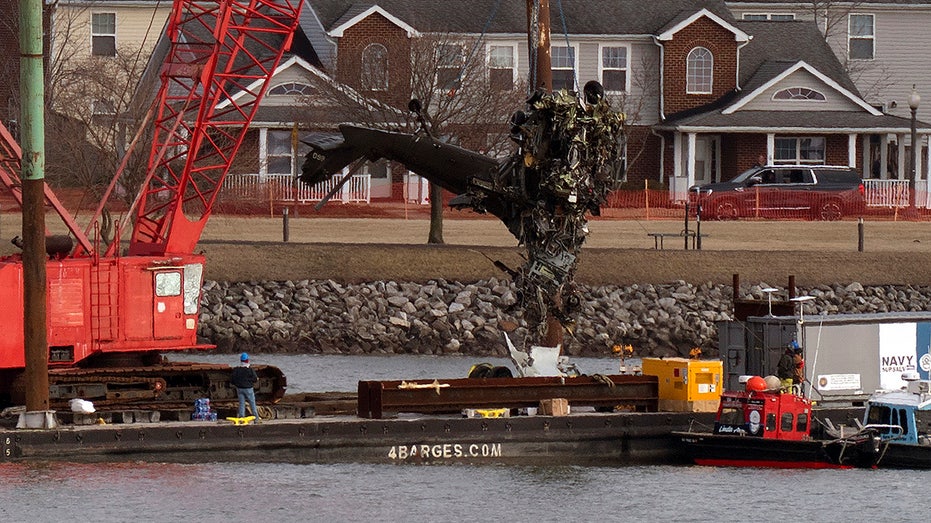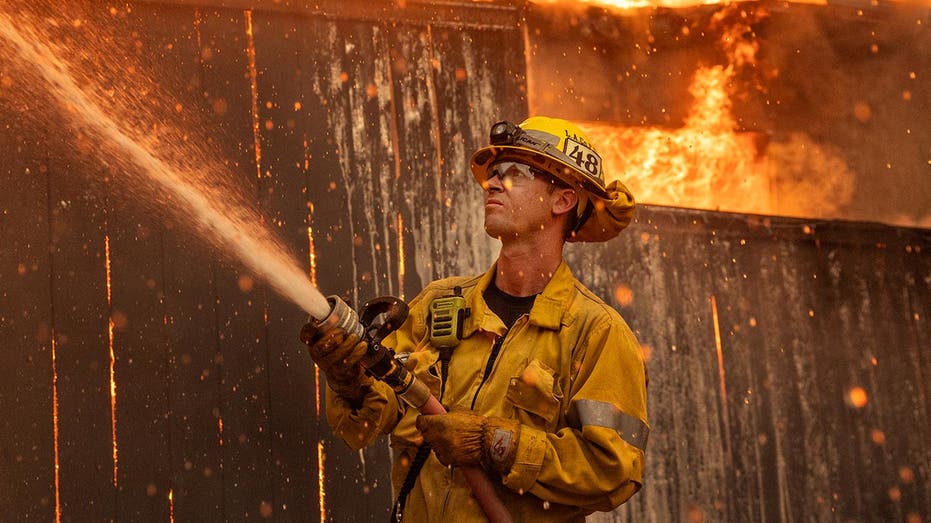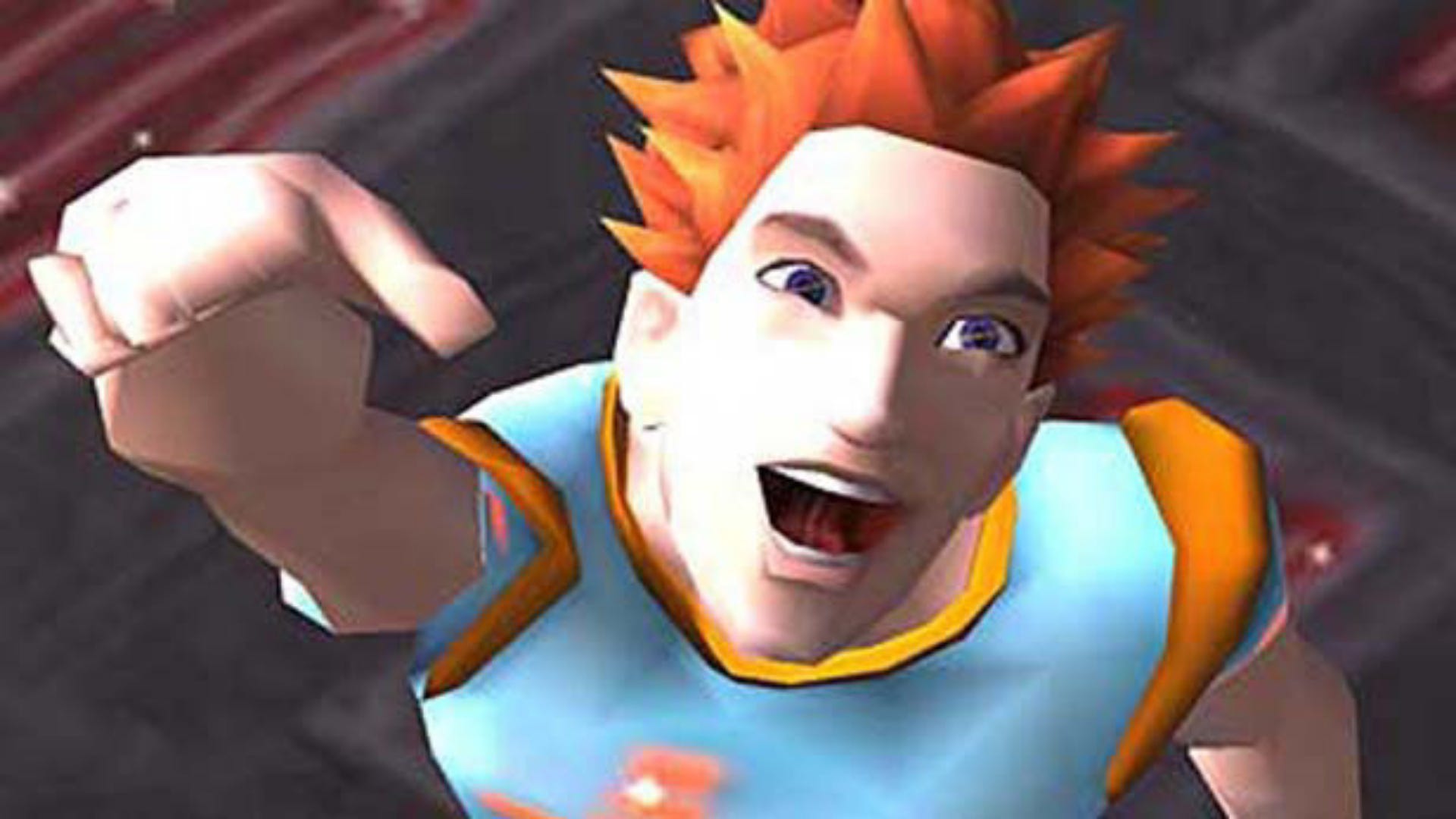Women in trouble: On Inland Empire
Throughout his career – though perhaps nowhere so much as in Inland Empire – David Lynch carved out a space for powerful depictions of women in crisis. The post Women in trouble: On Inland Empire appeared first on Little White Lies.

“Look at me and tell me if you’ve known me before.” An invocation heard thrice in Inland Empire, once in plural, once in Polish, and once by Laura Dern as Nikki Grace (or is it Susan Blue?) shortly before she’s stabbed in the street with a screwdriver. And we have known her before, haven’t we? Not just Dern herself, as Sandy in Blue Velvet or Lula in Wild at Heart, but the many women of David Lynch, who so often struggle to place their own identities.
Diane in Mulholland Drive has lost herself in a dream, or perhaps it is her counterpart Betty who becomes lost in a nightmare. Laura Palmer seems to return as her identical cousin Maddy, and then later as the waitress Carrie Page, who seems haunted by the specter of a life she cannot remember. Years after Inland Empire, Dern would join Twin Peaks as Diane, who we first meet as a tulpa given Diane’s form. The tulpa breaks down sobbing, choking out a pained admission: “I’m not me.”
Lynch was often lauded for the sensitive, relatable way he depicted traumatized and vulnerable women. But he was considered no less sensitive as a director of actors, especially by actresses whom he asked to perform the most difficult and horrifying emotions. One way (among many) to read Inland Empire is as a dramatic metaphor for the process of screen acting. Nikki Grace loses herself in the world of the film she’s starring in (perhaps in the world of film itself), teleporting across time and space, embodying numerous personas, enduring immeasurable hardships.
Many viewers struggle with the elliptical, illogical structure of Inland Empire. It jumps between settings and ideas so jarringly that trying to understand what you’re watching from moment to moment can feel like trying to hold a wet and wriggling fish in your bare hands. Lynch does offer us one framing device, though. The film opens with a woman credited as Lost Girl, played by Karolina Gruszka, watching television and sobbing uncontrollably. We get glimpses of her throughout, always in the same situation. She seems to be glued to the screen by Nikki’s misadventures, utterly compelled by her suffering.
So it’s poignant that when Nikki finally triumphs over the strange, malevolent Phantom who has haunted her through numerous lifetimes, it’s the Lost Girl whose room she next walks into. The two women embrace, and kiss, and the Lost Girl’s misery finally dissipates. She leaves the room with the television, and cheerfully greets her family. Meanwhile, Nikki is seen back at her own home, her whirlwind odyssey finally at an end.
The Lost Girl is trapped by a pain we cannot understand, a pain only alleviated by seeing it reflected in Nikki on screen. Nikki herself is finally allowed to escape her nightmare only when she saves the Lost Girl. Perhaps, for Lynch and his actresses, all the agony and suffering inherent to making such dense and unsettling art is worth it if it means touching the soul of a troubled young woman watching their work on screen.
To commemorate the life and creative legacy of the peerless filmmaker David Lynch, Little White Lies has brought together writers and artists who loved him to create ‘In Heaven Everything Is Fine‘: a series celebrating his work. We asked participants to respond to a Lynch project however they saw fit – the results were haunting, profound, and illuminating.
The post Women in trouble: On Inland Empire appeared first on Little White Lies.



















_Igor_Stevanovic_Alamy_Stock_Photo.jpg?#)

























































